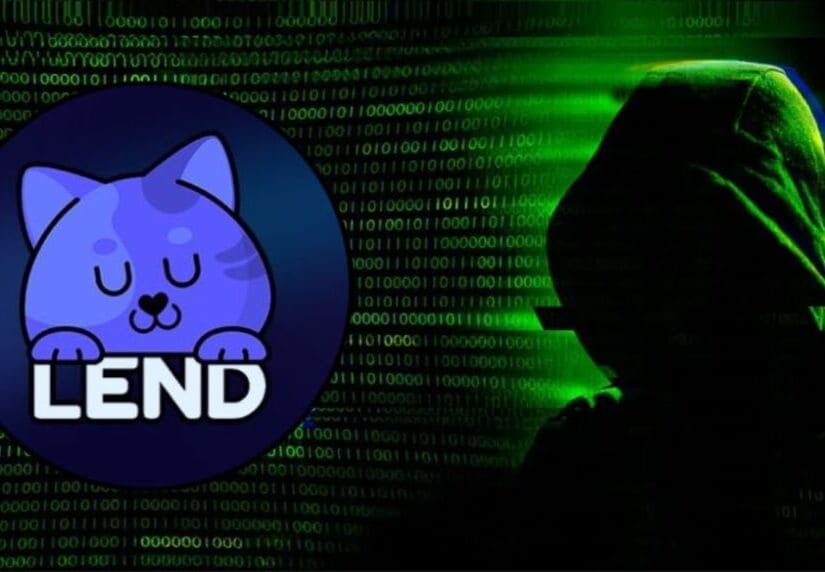TL;DR
- UwU Lend, a DeFi protocol founded by Michael “Sifu” Patryn, has suffered a hack resulting in the loss of $19.3 million, according to reports from blockchain security firms.
- A single wallet managed to extract a variety of tokens, including wrapped ether (WETH) and stablecoins, before trading most of the stolen funds on Uniswap.
- Despite UwU Lend’s efforts to prioritize security, the hack has exposed significant vulnerabilities in its security measures.
The DeFi protocol UwU Lend, founded by Michael “Sifu” Patryn, co-founder of Quadriga CX, has suffered a major blow after falling victim to a hack resulting in the loss of $19.3 million, according to reports from blockchain security firms. The incident comes at a difficult time for Patryn. Who was previously involved in controversies related to the collapse of Quadriga CX and fund transfers associated with him.
According to data compiled by Arkham Intelligence, a single wallet managed to extract a variety of tokens, including wrapped ether (WETH), wrapped bitcoin (WBTC), and stablecoins, before trading most of the stolen funds on the decentralized exchange Uniswap. While the exact method used to carry out the hack remains unknown, this event has exposed significant vulnerabilities in the protocol’s security measures, despite its efforts to prioritize security by adopting code from AAVE V2 and undergoing audits to reduce smart contract risks.
ALERT: Possible exploit on Uwulend🚨🚨
$19.3M removed so far.
Address:https://t.co/mDU0WTbE7S pic.twitter.com/Bx7cLbkrqE
— Arkham (@ArkhamIntel) June 10, 2024
UwU Lend’s Weaknesses Exposed
Before the incident, UwU Lend was known for offering high-yield opportunities and robust asset management features to its users. The protocol generated revenue by distributing fees to users. Especially liquidity providers (LP stakers), with a portion allocated for xUwU staking system buybacks.

However, UwU Lend has not issued an official statement regarding the hack. The protocol’s lack of communication leaves users concerned and raises questions about the security and integrity of funds deposited on the platform.
A new blow to the DeFi ecosystem that sparks debate about the importance of security and the need for protocols to implement robust measures to protect user funds. Additionally, it highlights the ongoing presence of risks and challenges in the sector, which require constant monitoring and a swift response to mitigate any potential threats.


